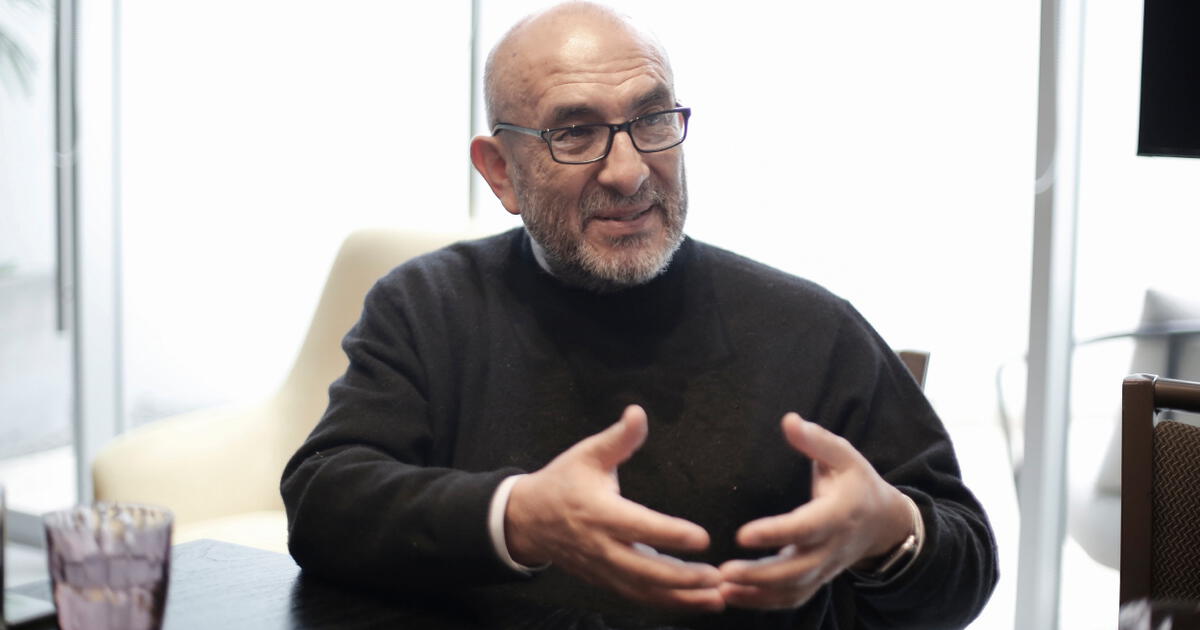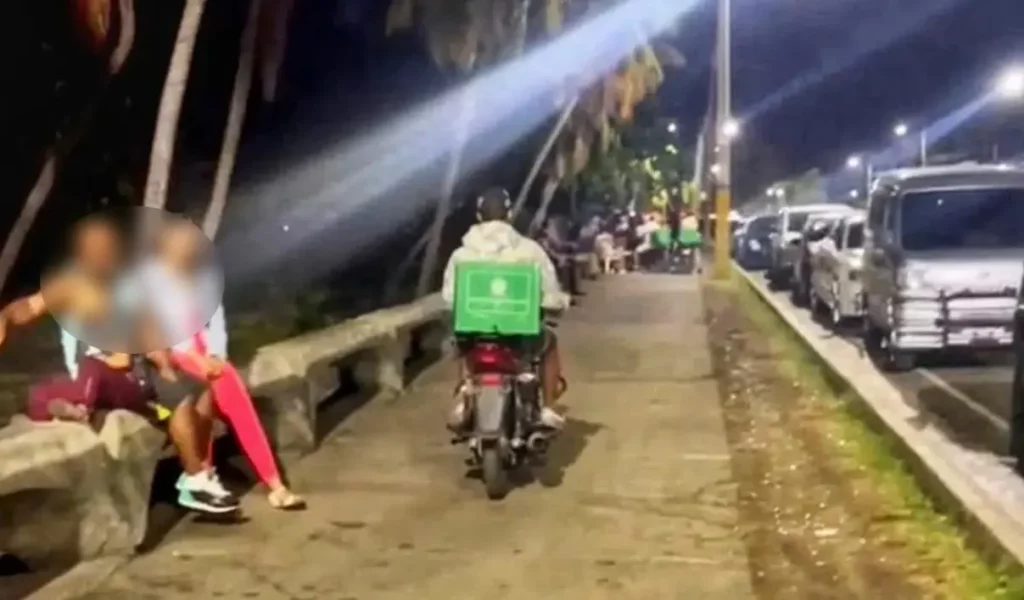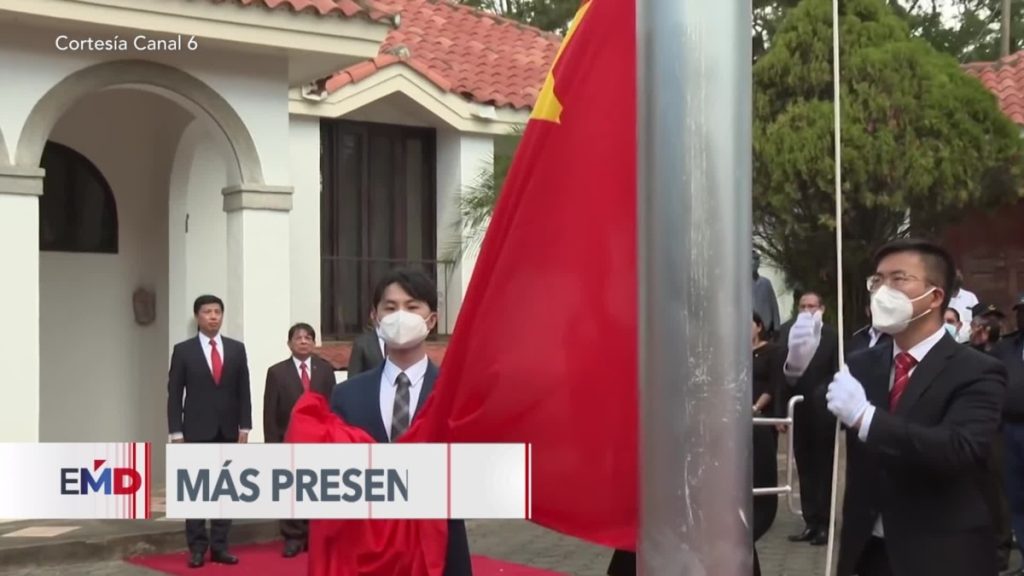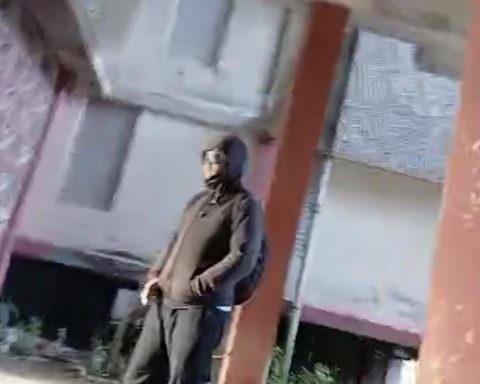He Dr. Elmer Huerta He returned to Peru to present a very personal book, arising from family experiences and also from his long career as an oncologist and researcher. Dying well: A brief guide to understanding and coping with death will be presented today at the FILat 5:00 pm, with the writer Gustavo Rodríguez. Death is a natural part of life and therefore the author suggests getting informed about everything related to it. The analyst from CNN and other stations also comments on the Government and its management of Health.
His first contact with death is the figure of his blind grandfather, riding a white horse, playing the violin, going to help the dying to have a peaceful death.
Yes, my mother used to tell us about my grandfather when we were children. He was blind, very young, and he did a lot of things in his life, business and everything. He was very intelligent. And my mother used to tell that story often, and every time she did, I remember that my imagination would fly and I would say, what is it like to die? How is it that a person needs help to die? And I would ask myself, how is it that those songs of my grandfather had an impact on a person’s mind so that they could die? Those were the first reflections regarding death. And I am telling you that I was 7 or 8 years old.
And at the age of 8 he had another experience, when his uncle, a doctor, took him to an autopsy..
Yes, my uncle was a medical examiner in Huaraz, Leoncio Ramírez, and he took me to see a drowned man, swollen to the max. And when he cut out his insides and everything, I was there because my uncle wanted me to be a doctor. And I wasn’t scared by the dead man, or horrified or disgusted. But I said, if the soul of this person comes at night, it will take me, because that is what children think. That was what scared me the most… But before that, I had another episode, which also left its mark on me. My father died when I was almost 5 years old. I didn’t feel it, I don’t remember it. But the idea of dying was always with me because dad had died.
As a young woman, she worked in the Assistance Department, where she experienced sudden death, and in Neoplastic Surgery, where she experienced a much slower grieving process.
Both at the Public Assistance on Av. Grau, the predecessor of the Casimiro Ulloa Emergency Hospital, and at Neoplásicas, what I learned to see was what I call the ‘democratization of death’. It doesn’t matter who you are, rich, poor, man, woman, young, old, we all die the same. There, very well-off people would come to the Assistance, like someone who had had an accident and you would see that the family was coming, all super-well-off, and next to them there was a young porter at La Parada. The two corpses were there. The one of the poor guy who had no one to pick him up and the other with his super family. I saw that democratization. The same at Neoplásicas. It doesn’t matter who you are, you’re still going to die.
Why did you call this book The good death If death is associated with pain, sadness, and oblivion?
In my opinion, just as when a baby is born and society is going to help it to live, so it should be with death. Unfortunately, statistics indicate that many people die alone or in bad company. And why? If both are two sides of the same coin, the reverse and the reverse. Life and death. So I think that there can be a good death too, if we know how to face it, and this book is a guide for that. Just as there is a good growth, a good birth, a good death is also possible. Death is the continuation of life and we must accept it, understanding that until it arrives we have the mission to live fully and joyfully every day. Thinking about a good death must lead us to think about a good life.
A guide for doctors too
The book is presented as a guide to dealing with death. And not only a guide for patients or relatives, but also for doctors.
Yes, I think that if a colleague reads this book, he will find elements that will make him reflect on his position as a health professional and on how he can help families and their patients to have a good death. And why is this? Statistics indicate that almost 70% or 80% of medical students and young doctors say that they have not been prepared in college to talk about death with friends and family. I think that this book can help them. What happens is that because of the ‘medicalization of death’, death has become the ‘enemy’ of doctors. They annoy each other, they say to each other: too many people die on you.
The ‘medicalization of death’ is when doctors treat death as an event that must be avoided or postponed, even if the patient is already terminally ill.
Exactly, first I must point out that there are two types of death: sudden death, which cannot be prevented, and death in which you already know you are going to die, like a cancer patient. In 1954, a guy perfected a machine, the artificial ventilator. And from one moment to the next, you would put a tube in the patient, connect him to the machine and death would be postponed. With that, what came? The Intensive Care Unit and all the great medical development of the 60s, 70s, 80s, and a phenomenon occurred in which death began to become something that could be displaced, that could be postponed. And you would intubate your patient, put 20 tubes in here and make him live.
Is that what you call therapeutic cruelty?
Medicalization is the process by which you are postponing death, and therapeutic cruelty is a consequence of this. What does it consist of? Doctors already know perfectly well that the patient is not going to recover, but they insist on giving him treatments. Why? Because they don’t know how to talk to the family, they haven’t known how to talk to the patient so that he leaves a living will, and they continue. The family, in the hope that the patient can recover, often with religious faith, continues. And as in the case of María Benito, the doctors insist, because it is the treatment. That is cruelty… Look, when I came to the United States, I worked in intensive care, there were patients with very serious cancers, but they were connected and we kept them alive; the family asked us every day, doctor, how is my dad? and we told them, today he urinated a little better, oh, how good! the relatives told us. We looked at each other, we knew it was a lie, but we continued. Why? Because we didn’t dare to talk about death with the family, we hadn’t prepared ourselves. That is medicalization and cruelty.
In Peru, this was accentuated in the case of Ana Estrada and María Benito, because religious motives, political and ideological positions arose.
Yes, you see it everywhere. Death, like any human activity, can be a reason to become a religious, ethical, political issue, etc. But here what we are talking about is that, as they say in the US, whether you are Republican or Democrat, you are going to die anyway, you have to be prepared. So, as a society, we have to be prepared to shelter everyone.
You have personal experience. Your mother knew what was coming and prepared for it.
Yes. My mother had a very annoying cancer. But she was very strong-willed. I took her to the clinic, they diagnosed her with cancer, she grabbed me by the shirt and said: I made you a doctor so that you would always tell me the truth, I have cancer and you are an oncologist, you are going to tell me what I have to do and what I don’t. But yes, she said, the day there is nothing left to do, you are going to tell me… Twelve years went by, the cancer came back very strongly, and she said to me, is there something to do or not? I told her, yes, mom. And she let herself be operated on, they removed a kidney. Almost a year went by and the cancer came back brutally. And she said to me, and now? I said, there is nothing to do… Very well, she said. Now you are going to help me prepare to die. I don’t want to be in pain. Don’t even think about taking me to the hospital, I want to die in this house of mine, which has cost me my money, in this room of mine, in my bed and with my three children around me. Did you understand me? And so it was.
What a personality. How old was he?
My mother passed away at the age of 84. She gave me those lessons. And that is what I try to give people in this book, to teach us how to decide.
“The SERUMS thing seems disastrous to me”
On what is happening in Peru, what do you think of the current minister’s management?
There are many things that are not right, but the latest seems really disastrous to me. That the Ministry of Health “invents” or “manufactures” its own exam so that young people who have just graduated from college can enter SERUMS to begin their professional life. I find it really terrible, because it goes against what I point out in the book: medical training. Doctors must be properly trained in medical schools, they must leave well prepared. In the US, 95% of children pass the exam. Here, up to 70% or 50% of some universities fail the national medical exam. It seems to me that this minister (César Vásquez) has said let’s invent our own exam and give the kids a hook, telling them that it is free. It is regrettable and disastrous. He should reflect on the fact that with this measure he is damaging medical education in Peru.
In the issue of drug shortages, the minister blames the pharmaceutical industry for wanting to undermine his management.
The Minister of Health is trying to pass the buck to the industry. He doesn’t have to do that. It is the obligation of the Ministry of Health to have all the generics ready, well catalogued and to pass quality controls. The medicines here are not standardized, uniformized, they are not, and the ministry should do it. The big pharmaceutical companies have already passed those controls, because they distribute all over the world, but the minister says, they have to do it. The Minsa should make sure that the population does not lack medicines.
You were harsh with Castillo’s government; what do you think of Boluarte’s?
I wrote a tweet when she became president. I said that Peru has emerged from the attempted coup d’état and that Ms. Boluarte should do what Valentín Paniagua did. She should spend a year organizing, leaving her legacy, which will be putting her house in order. She didn’t do it. For me, that’s a failure.


















